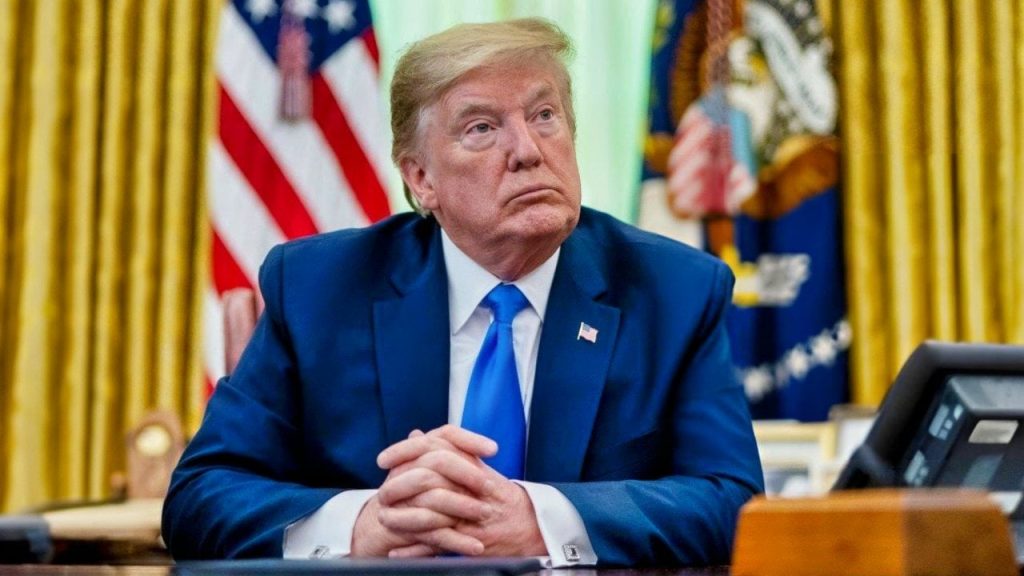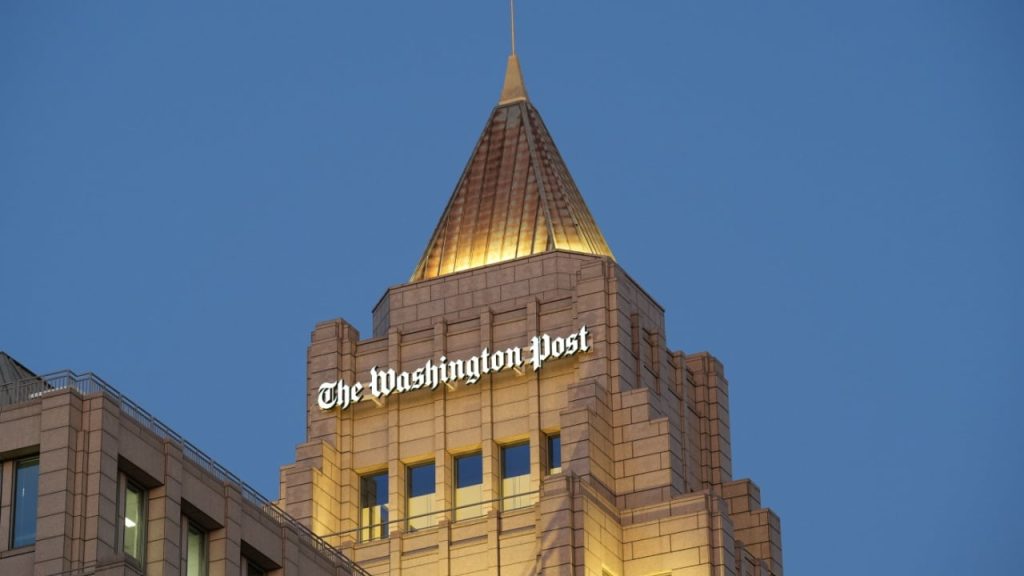Why Does the FBI Keep Spying On Israel?
 That the FBI likes to keep tabs on Israel’s intelligence-collection efforts in America is no news. But the New York Times adds some more insights into those efforts in a report detailing the FBI’s surveillance of the Washington embassy itself. It is a case that raises new questions about the efficacy of the FBI’s surveillance and about the tangled relations between Israel and America.
That the FBI likes to keep tabs on Israel’s intelligence-collection efforts in America is no news. But the New York Times adds some more insights into those efforts in a report detailing the FBI’s surveillance of the Washington embassy itself. It is a case that raises new questions about the efficacy of the FBI’s surveillance and about the tangled relations between Israel and America.
The story centers on a contract FBI translator named Shamai K. Leibowitz. Leibowitz turned over to a blogger, one Richard Silverstein, about two hundred pages of confidential FBI transcripts of conversations that the Israeli embassy conducted with a variety of individuals, including a member of Congress. Leibowitz was sentenced to twenty months in prison in 2010. Why was he hired for the job in the first place given that that he called one Palestinian leader, Marwan Barghouti, a new Moses is (at the least) a curious decision.
Though Leibowitz is (sensibly) keeping mum, it appears that Silverstein has become his advocate. The defense is that Leibowitz released the documents because he was apprehensive that Israel might be about to launch a strike against Iranian nuclear facilities and that he believed Israeli lobbying efforts were excessive. Perhaps they were. Perhaps they are. But it hardly seems the place of an FBI translator to take it upon himself to act as a self-appointed whistle-blower by releasing confidential documents whose value, in any case, is most likely nugatory.
Should the FBI, then, be spying on embassy conversations? Much of it is probably a waste of time and resources, which includes having to punish Leibowitz for transgressing the law. Israeli prime minister Benjamin Netanyahu himself has made no secret of his desire to take out Iran’s facilities. What Israeli leader wouldn’t want to do so—if the costs didn’t exceed the benefits? It doesn’t require monitoring the phones of the Israeli embassy to figure that out. George F. Kennan once observed that the diligent of the New York Times knew about as much as any government official about what was going on in the world.
Then there is the question about whether Israel really constitutes a national-security problem for America. The Times reports,:
Douglas M. Bloomfield, an American columnist for several Jewish publications, said that when he worked in the 1980s for the American Israel Public Affairs Committee, a lobbying group, he assumed that communications with the embassy were not private.
“I am not surprised at all to learn that the F.B.I. was listening to the Israelis,” he said. “But I don’t think it’s a wise use of resources because I don’t see Israel as a threat to American security.”
Does the FBI have a different view?


